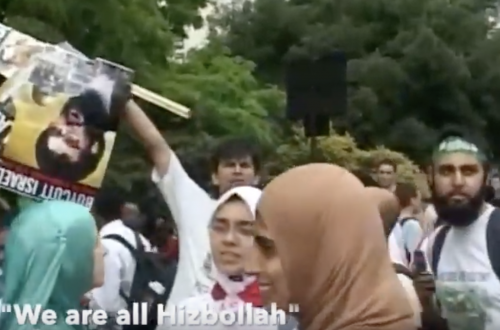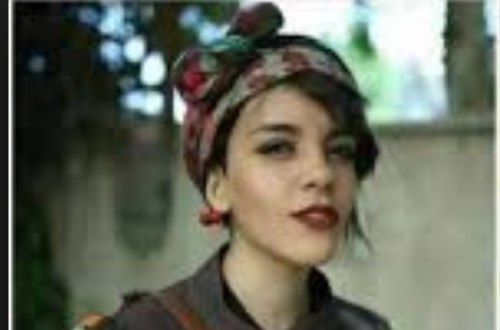The New York Times reports:
Two days after the largest antigovernment protest in Iran in more than a year, supporters and opponents of the authorities fought Wednesday in a battle for the memory of a slain protester, state media and an opposition Web site reported.
The clashes erupted at Tehran University during the funeral of Saane Zhaleh, one of two students reported killed during protests on Monday.
Images on the Web site of the state broadcaster IRIB showed a throng of people surrounding a coffin, wrapped in the green, white and red Iranian flag, as it was carried above the heads of the crowd. But the opposition Kaleme Web site said the university’s arts faculty had been taken over by pro-government forces who beat and arrested anti-government students.
The contest to claim Mr. Zhaleh as a martyr reflected divisions that seemed to have emerged once more into the open following the uprisings in Tunisia and Egypt.
The authorities said Mr. Zhaleh, a Kurdish student, was a Basij, one of the student vigilantes on many campuses, who was shot by a government opponent. Opposition accounts said plainclothes security officers roaming the streets beat him to death and claimed that he had joined the antigovernment protest.
With the fighting on Wednesday both sides seemed to be seeking to claim him as one of their own.
Tehran Bureau has a full report on the government’s cynical efforts to exploit the death of a regime opponent in Monday’s demonstrations.
“He was definitely not a Basij member,” said Hatef Soltani, one of Jaleh’s friends and former fellow students who agreed to speak on the record by phone, referring to the pro-regime militia that has employed violence to subdue previous rallies. “He participated in past demonstrations, particularly on Ashura,” added Soltani. “He managed to escape harm that day, but this time…”
Before yesterday, the last major protest in Iran took place on the Day of Ashura — the commemoration of Imam Hossein’s martyrdom — December 27, 2009.
Asked why he was ready to divulge his own name and possibly endanger himself, Soltani simply said, “Well he was also a human being who is no longer with us, come what may.”
Update: Listen to this CNN interview with a young Iranian woman, who says she knew Saneh Jaleh.


